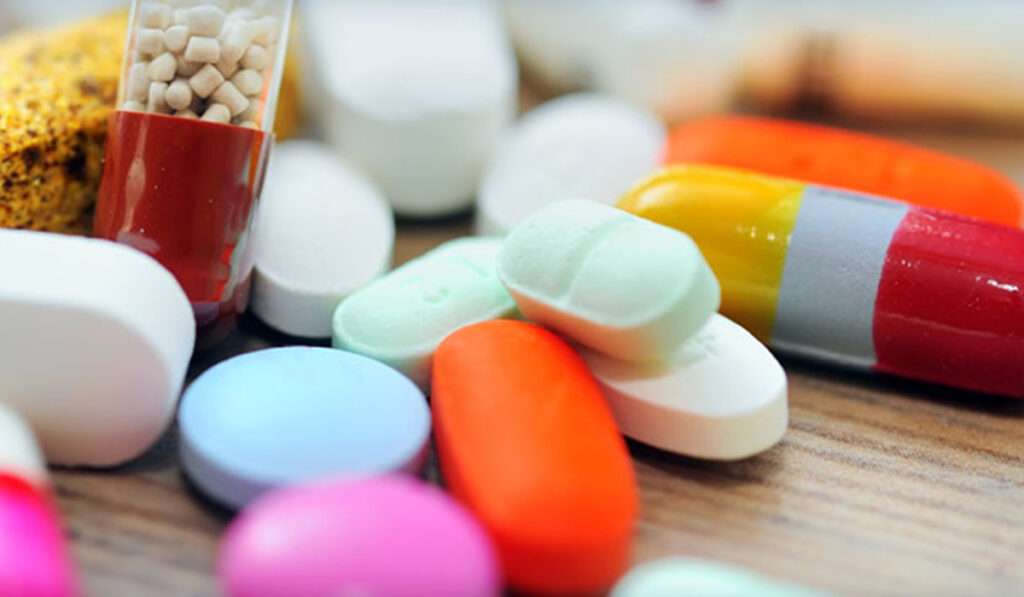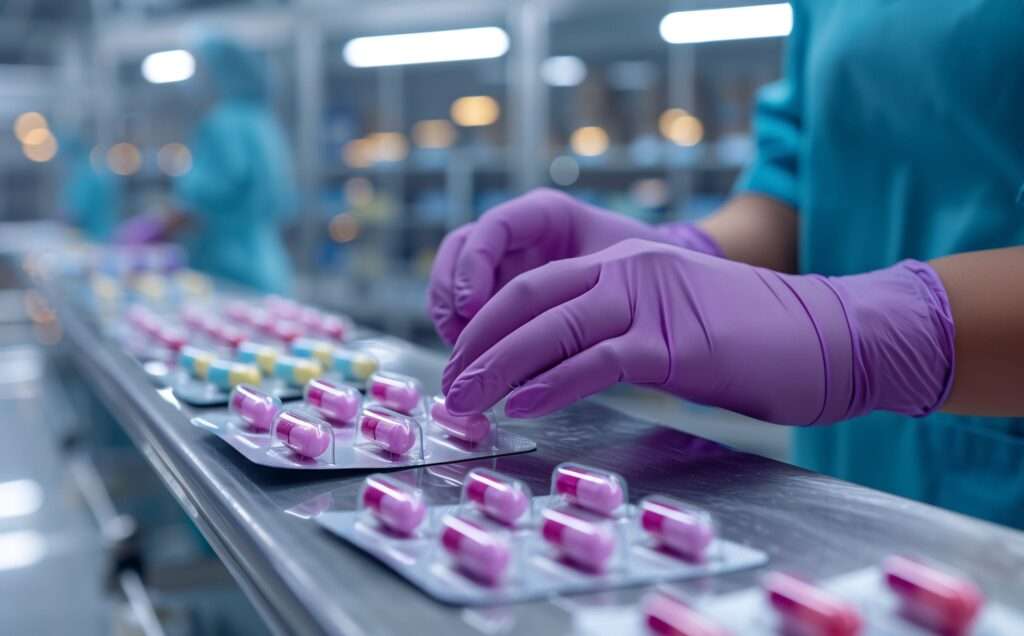The Pharmaceutical Society of Ghana (PSGH) has condemned the growing influx of illicit opioids into the country, calling for stringent regulatory oversight to safeguard public health.
This follows an investigative report, including the BBC Africa Eye documentary, which exposed the illegal importation and distribution of unregistered opioid medications into Ghana and other West African nations.
In a statement signed by Dr. Samuel Kow Donkoh, PSGH President, the organization expressed deep concern over the prevalence of unapproved pharmaceutical products, particularly those containing tapentadol and cari isopropyl, which pose severe health risks.
“As the professional body representing pharmacists and pharmaceutical stakeholders in Ghana, PSGH unequivocally condemns the proliferation of unapproved and harmful pharmaceutical products.”
Pharmaceutical Society of Ghana (PSGH)
According to the documentary, pharmaceutical companies, including India-based Aveo Pharmaceuticals, have been exporting unlicensed opioid formulations, such as Tafrodoi, Timaking, and Super Royal 225, into Ghana.
These drugs, which are not approved for medical use anywhere in the world, have been linked to rising cases of substance dependency, mental health disorders, and other severe health complications.

Accordingly, the PSGH raised alarm over Ghana’s emergence as a key transit hub for these dangerous drugs, despite existing regulatory frameworks designed to prevent such occurrences.
The organization warned that failure to address these breaches could further expose vulnerable populations to addiction and socio-economic challenges.
“PSGH notes with grave concern the implications of these illicit imports on public health. Opioid abuse has devastated communities, contributing to increased substance dependency, mental health disorders, and socio-economic challenges.”
Pharmaceutical Society of Ghana (PSGH)
Denial of Allegations Against Ghanaian Pharmaceutical Importers
While some Ghanaian pharmaceutical importers have been linked to the illegal trade, several companies have categorically denied any wrongdoing, asserting that their imports comply with Ghana’s Food and Drugs Authority (FDA) regulations.
The PSGH maintained that while it does not absolve any entity without proper investigation, it emphasizes the importance of due diligence and transparency by regulatory agencies. The society urged authorities to conduct thorough and independent inquiries into the allegations.
“We call on the FDA, the Pharmacy Council, the Ghana Revenue Authority (GRA) – Customs Division, the Criminal Investigations Department of the Ghana Police Service, the Narcotics Control Authority, the National Intelligence Bureau, and all relevant bodies to expedite a full-scale investigation. If any local pharmaceutical company is found to have breached regulatory protocols, appropriate sanctions should be enforced.”
Pharmaceutical Society of Ghana (PSGH)
The PSGH also laid out a comprehensive set of urgent measures aimed at tackling the illegal opioid trade and reinforcing pharmaceutical oversight in Ghana.

Among the key recommendations is “enhanced border control”, which calls for the Ghana Revenue Authority (GRA) – Customs Division, the Ghana Immigration Service, and the Food and Drugs Authority (FDA) to intensify surveillance at all entry points to prevent the influx of unapproved and potentially harmful drugs.
To further tighten regulatory enforcement, the Society advocated for “strict pharmacovigilance measures”, urging the FDA and the Pharmacy Council to impose stricter penalties on entities that fail to comply with pharmaceutical regulations.
Strengthening “interagency collaboration” is also a priority, with a call for coordinated efforts between law enforcement agencies, health regulators, and professional bodies to dismantle illicit pharmaceutical networks operating in the country.
Beyond enforcement, the PSGH underscored the importance of public education and awareness.
It stressed that healthcare professionals, pharmacists, and civil society organizations must actively engage in educating the public about the dangers of opioid abuse while promoting the responsible use of medications.
Additionally, the Society emphasized the need for engagement with international partners, urging the Ghanaian government to collaborate with regulatory agencies in India and global health organizations to prevent the exportation and distribution of unlicensed pharmaceutical products across West Africa.
Upholding Pharmaceutical Standards
The PSGH reiterated its unwavering commitment to safeguarding public health by ensuring that only safe, effective, and legally approved medicines are accessible in Ghana.
It emphasized the critical need for a unified effort in addressing the growing threat of illicit opioid imports, which pose serious health risks to communities.

“We urge all stakeholders to join hands in combating the illicit opioid trade. We will continue to advocate for stronger pharmaceutical governance and accountability to protect the health and well-being of all Ghanaians.”
Pharmaceutical Society of Ghana (PSGH)
To this end, the Society urged all relevant stakeholders—including the government, regulatory agencies, healthcare professionals, and the general public—to actively support initiatives aimed at eliminating the illegal pharmaceutical trade.
It stressed that collaboration among these groups is essential in strengthening regulatory enforcement, enhancing public awareness, and promoting responsible pharmaceutical practices.
By working together, the PSGH believes Ghana can build a more robust healthcare system that prioritizes the well-being of its citizens and upholds the integrity of its pharmaceutical industry.
READ ALSO: Ruggedman Shares Stance on Domestic Violence























